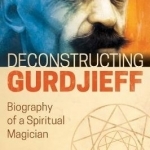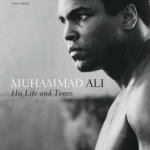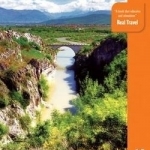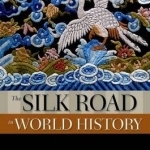
Christian Toolbox – the definitive gateway to all
Lifestyle and Catalogs
App
The Christian Toolbox is an extensive resource that will help Christians grow more spiritually...
Whatchareadin (174 KP) rated Bright Lines in Books
Apr 9, 2019
This book took me through a lot of different emotions. First the story started off slowly and I wasn't sure if I was going to like it. There were parts that had me confused and parts that had me shocked. Once I made it to the halfway point, it was hard to put it down.
This is a debut novel by Tanwi Nandini Islam. I love books that take me to a place I have never been. This book gave me a look into a world that I may not have ever discovered. Spanning the globe to help the Saleem's to learn to love one another and others. To learn about their history so they aren't doomed to repeat it in their future. Learning about family and loss and how to pull together when you have to. How to survive when you think it's impossible. This is a novel about discovery and family and learning to find yourself through your history.

Nada1 Muslim hijab Eng Stickers By ChatStick
Entertainment, Social Networking and Stickers
App
This is the official mobile iMessage Sticker & Keyboard app of Nada1 Muslim hijab Eng Character. You...

Amarena 3D Hijabgirl Indo Stickers by ChatStick
Entertainment, Social Networking and Stickers
App
This is the official mobile iMessage Sticker & Keyboard app of Amarena 3D Hijabgirl Indo Character....

Deconstructing Gurdjieff: Biography of a Spiritual Magician
Book
In November 1949, architect Frank Lloyd Wright announced the death of "the greatest man in the...

Muhammad Ali: His Life and Times
Book
Winner of the William Hill Sports Book of The Year Award A superb book; hilarious, sad, moving and...

Kosovo
Verena Knaus and Gail Warrander
Book
This new fully updated 3rd edition of Bradt's Kosovo is the only full-length English guidebook to...

Sex and Secularism
Book
How secularism has been used to justify the subordination of women Joan Wallach Scott’s...
gender studies

The Orphan Scandal: Christian Missionaries and the Rise of the Muslim Brotherhood
Book
On a sweltering June morning in 1933 a fifteen-year-old Muslim orphan girl refused to rise in a show...

The Silk Road in World History
Book
The Silk Road was the current name for a complex of ancient trade routes linking East Asia with...
